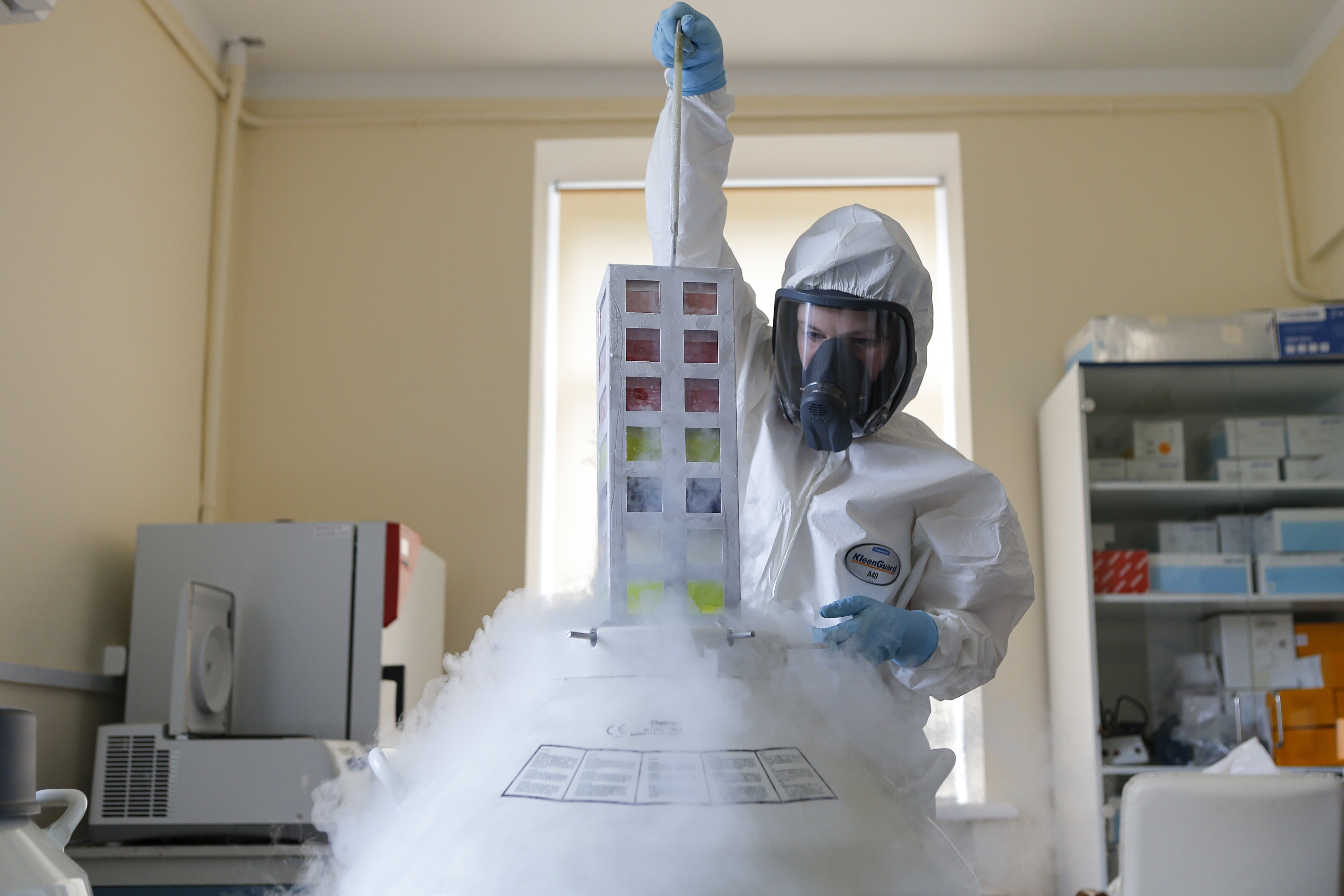USAGM networks probe Russia’s “Sputnik V” vaccine claim

USAGM networks took a critical look at Russia’s COVID-19 vaccine named “Sputnik V,” and their reporting shows why people should be wary of Moscow’s so-called breakthrough.
President Vladimir Putin announced in August that Russia was the first country to issue regulatory approval for a vaccine against COVID-19 and that a mass immunization program would begin in October.
Not so fast, says Polygraph, a nonpartisan fact-checking website from Voice of America (VOA).
Despite Russia’s official claims of successful testing, the vaccine has yet to complete Stage 3 trials and therefore cannot be considered safe, Polygraph said in a fact check. New drugs typically go through at least four phases of human trials.
Likewise, VOA reported that two top U.S. health officials – Dr. Anthony Fauci, Director of the National Institute of Allergy and Infectious Diseases, and Secretary of Health and Human Services Alex Azar – expressed skepticism about the Russian vaccine. They emphasized that safety and viability are more important than the competition over who will come up with a vaccine first. Developing a COVID-19 vaccine is “not a race to be first,” Azar said.
It seems the Russians, however, think otherwise.
Kirill Dmitriyev, head of the state-run Russian Direct Investment Fund, has called the unveiling of Russia’s vaccine “a Sputnik moment,” a reference to the successful launch of the Sputnik satellite in 1957. The context of that launch – the opening salvo of the Cold War-era Space Race between the Soviet Union and the United States – was explained in a Radio Free Europe/Radio Liberty (RFE/RL) backgrounder that contrasts the development processes of vaccines in Russia and elsewhere.
Many experts have their doubts about the Russian vaccine, including in Russia. Results of a recent poll of more than 3,000 Russian medical workers showed that 52 percent said they were not ready to be vaccinated against a coronavirus infection with the vaccine recently registered in Russia, RFE/RL reported.
The safety of the “Sputnik V” vaccine and Moscow’s decision to release it to the public were among topics discussed during a 50-minute-long show from Crimea.Realities, the division of RFE/RL’s Ukrainian Service that delivers radio, TV, and online news to people living in Crimea, the Ukrainian peninsula illegally annexed by Russia in March 2014.
Among the concerns: Russian authorities’ insistence that they will test the vaccine on citizens “on a voluntary-compulsory basis.” Crimea.Realities also examined how “Crimea is a platform for Russian propaganda,” based on a recent report from the State Department’s Global Engagement Center that exposed the Kremlin’s disinformation system about the coronavirus in Crimea. “Russian propaganda has created such a sophisticated network that some people cannot tell the difference between fiction and fact,” Valeria Danko, a fact-checker of the StopFake project said during a radio broadcast of Crimea.Realities.
